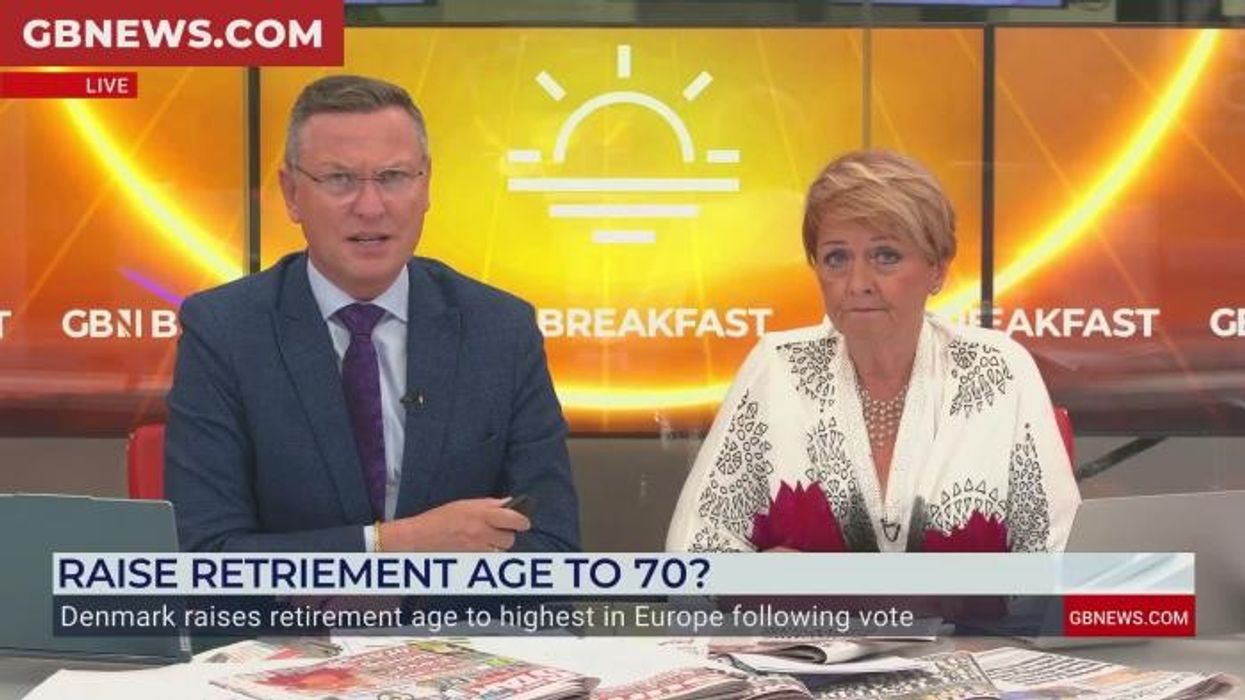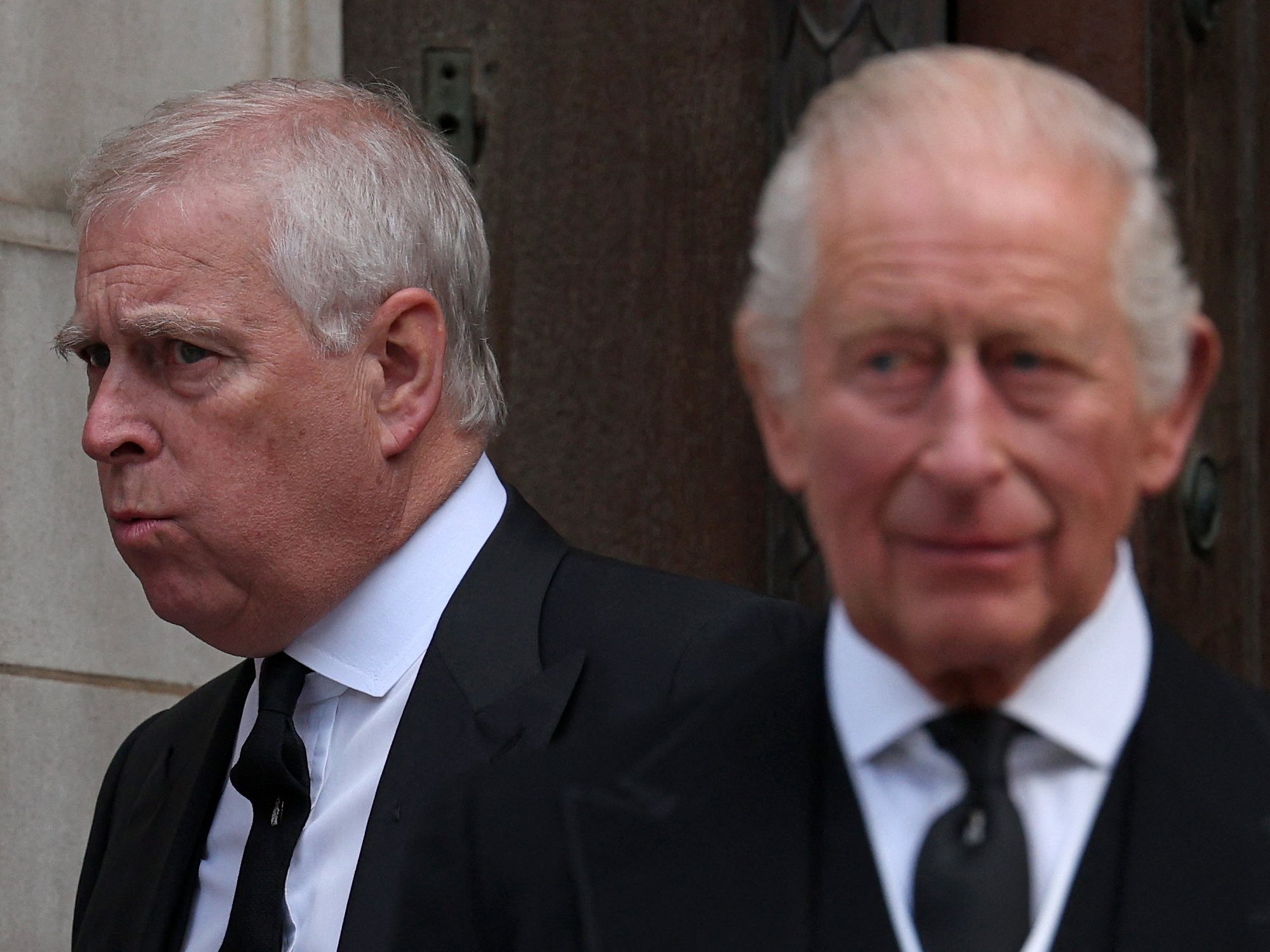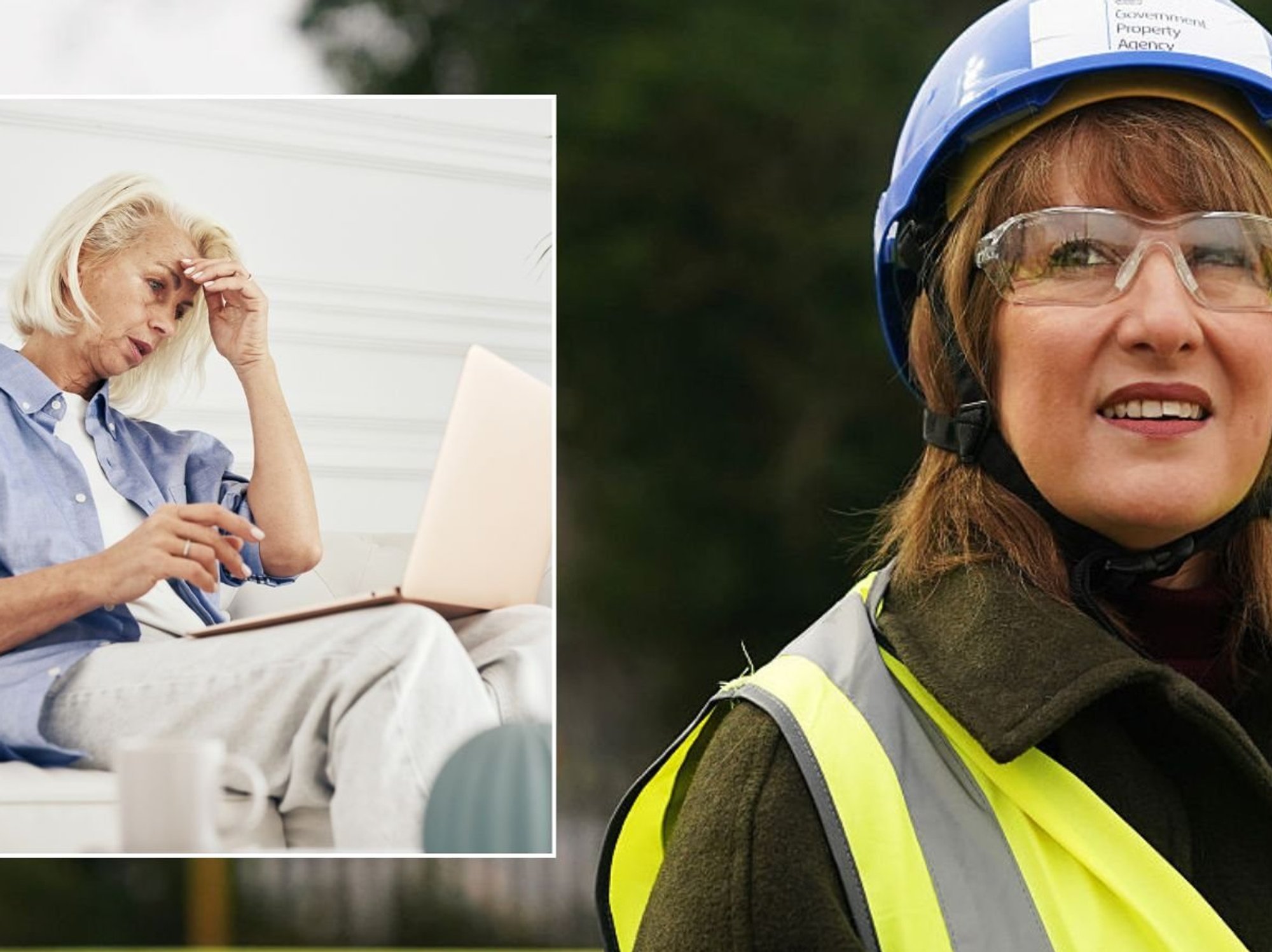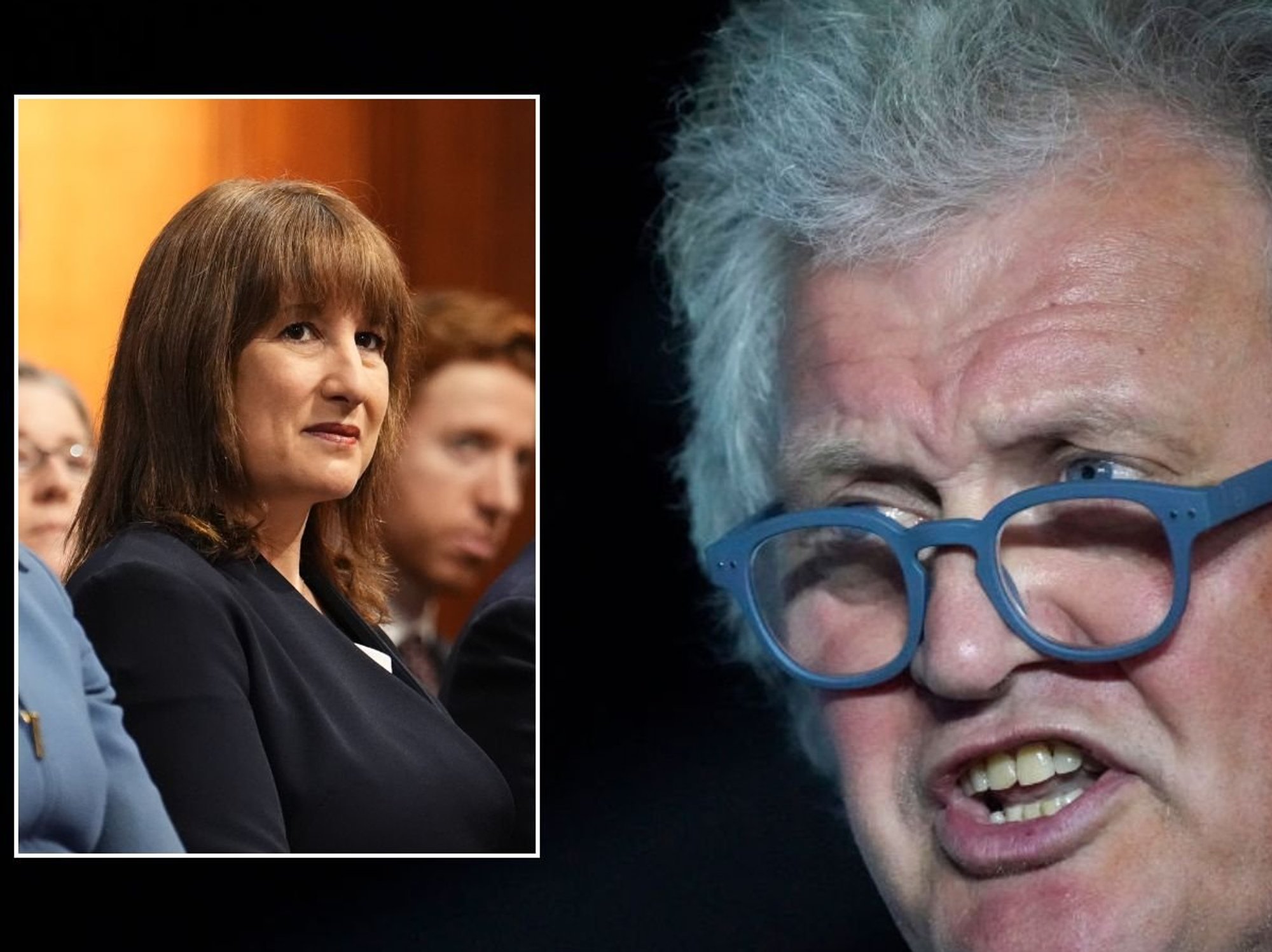REVEALED: The five tax rises on Rachel Reeves' hit list as Keir Starmer's shock U-turn backs her into a corner
State pension age rise ‘almost inevitable’: Ann Widdecombe issues warning as Denmark raises the bar |

From inheritance tax to slashing savings allowance, analysts are breaking down how Rachel Reeves could raise your taxes
Don't Miss
Most Read
Latest
Analysts are sounding the alarm over potential tax rises from Chancellor Rachel Reeves ahead of the Government's spending review on June 11.
Prime Minister Keir Starmer has hinted Labour is considering at least a partial reversal of its previous pledge to means-test the Winter Fuel Payment for pensioners.
Furthermore, reports suggest Reeves is planning a spending splurge across Red Wall constituency seats in an attempt to fend off the electoral threat posed by Reform UK.
With the International Monetary Fund (IMF) calling on the Chancellor to ease her strict fiscal rules, more Government spending is more or less guaranteed but how will it be paid for? Here are the five tax rises likely on Rachel Reeves's hit list:
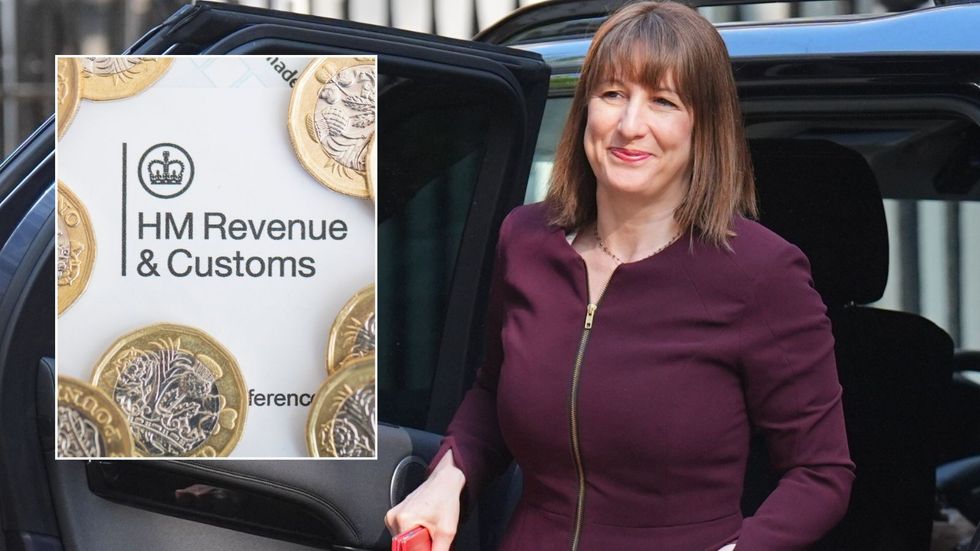
Which tax rises are on the Chancellor's hit list?
|PA / GETTY
Fiscal drag
In recent years, experts have urged the British public to be aware of fiscal drag, which takes place when tax allowances are frozen over a period of either high inflation or rising wages.
As a result of this, taxpayers are pulled into higher tax brackets. Existing thresholds have been frozen since 2021, which is expected to last until 2028.
Aaron Peake, a personal Finance Expert at free credit score service CredAbility, shared: "Freezing tax thresholds is one of the easiest ways for any Chancellor to raise billions without causing a big political splash.
"It’s already happening with income tax and inheritance tax, and it wouldn’t be surprising if those freezes are extended. As wages gradually rise with inflation, more people end up paying higher rates."
Do you have a money story you’d like to share? Get in touch by emailing money@gbnews.uk.
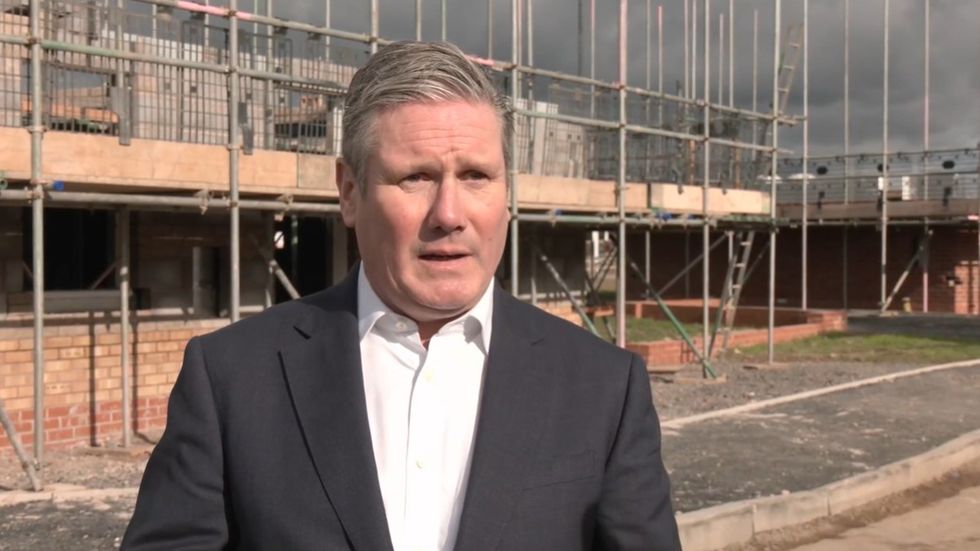
Prime Minister Keir Starmer has hinted a partial reversal of the Government's decision to means-test Winter Fuel Payments is on the cards
| PATax raid on savings
It is understood that the Treasury has been in discussion with City bosses over the impact slashing the tax-free allowance attached to ISAs would have on the economy.
Rajan Lakhani, a money expert from cash-saving app Plum, noted that more savers will likely lose interest earned to the tax man under this policy being "not specifically a 'tax rise'".
He explained: "At Plum, our research found that were the Cash ISA allowance to be reduced, the most popular alternative option to hold this money is a cash savings account, followed by a current account rather than investing.
"Given the effects of fiscal drag from frozen tax thresholds, more people would then be at risk of paying tax on their savings as they exceed their respective allowances. It would be harsh to punish people for saving in given these circumstances."
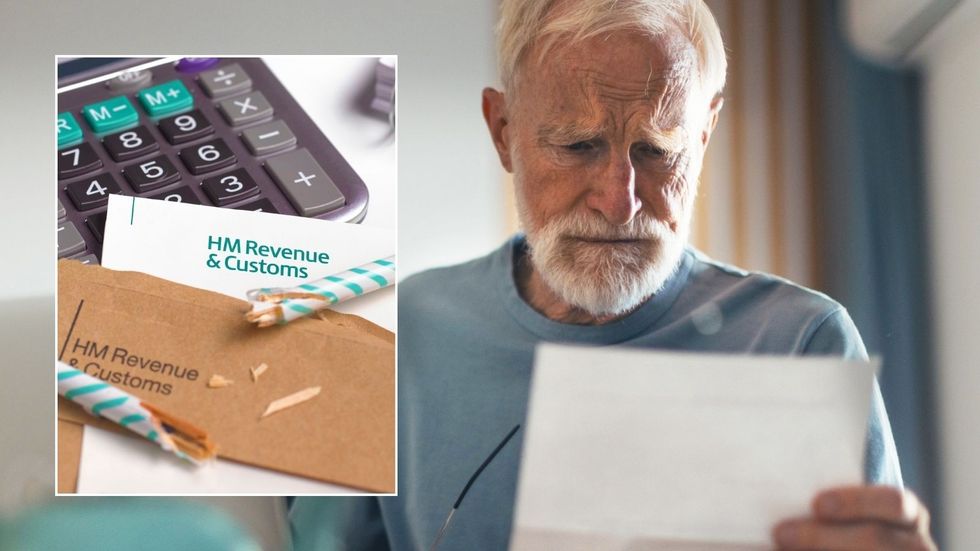
Britons are concerned about the rising tax burden
| GETTYCapital gains tax
This levy on the profit someone makes from selling an asset could also be a revenue generator for the Treasury, according to some analysts.
Currently, Britons need to pay capital gains tax on overall gains the tax-free allowance: which are £3,000 for general asset sales and £1,500 for trusts.
Peake added: "While rates may stay untouched for now, we’ve already seen the annual allowance cut sharply. That could be trimmed further, hitting landlords, second-home owners and anyone cashing in investments.
"It’s the kind of move that raises money without affecting the average worker directly, which makes it politically convenient."
MEMBERSHIP:
- POLL OF THE DAY: Should Britain leave the ECHR? - VOTE NOW
- MAPPED: Five crime hotspots in Sadiq Khan's London - as Mayor prioritises decriminalising drugs
- REVEALED: Labour planned to sell out UK fishermen MONTHS ago but Keir Starmer could be plotting greater Brexit betrayal
- Gen-Z’s Christian revival is not surprising: the me me me society ignited the rebellion - Ann Widdecombe
Inheritance tax changes
Earlier this month, a memo from Deputy Minister Angela Rayner leaked to the press which called for inheritance tax relief on aim shares to be scrapped.
This would go further than the current reduction to 50 per cent which is set to be implemented on April 2026, and would save Reeves about £1billion if implemented.
Ian Dyall, the head of Estate Planning at Evelyn Partners, said: "Whether this suggestion carries any weight with the Chancellor is unknown, but with the PM also rowing back on cuts to the Winter Fuel Allowance this week, questions are bound to arise around tax if the fiscal outlook doesn’t improve before the Autumn Budget.
"Some in Government obviously see the passing on of estates as a legitimate target for tightening up the tax net, so whether or not there are any changes to IHT reliefs at the next Budget, it would be surprising if we got to the next election without any."
LATEST DEVELOPMENTS:
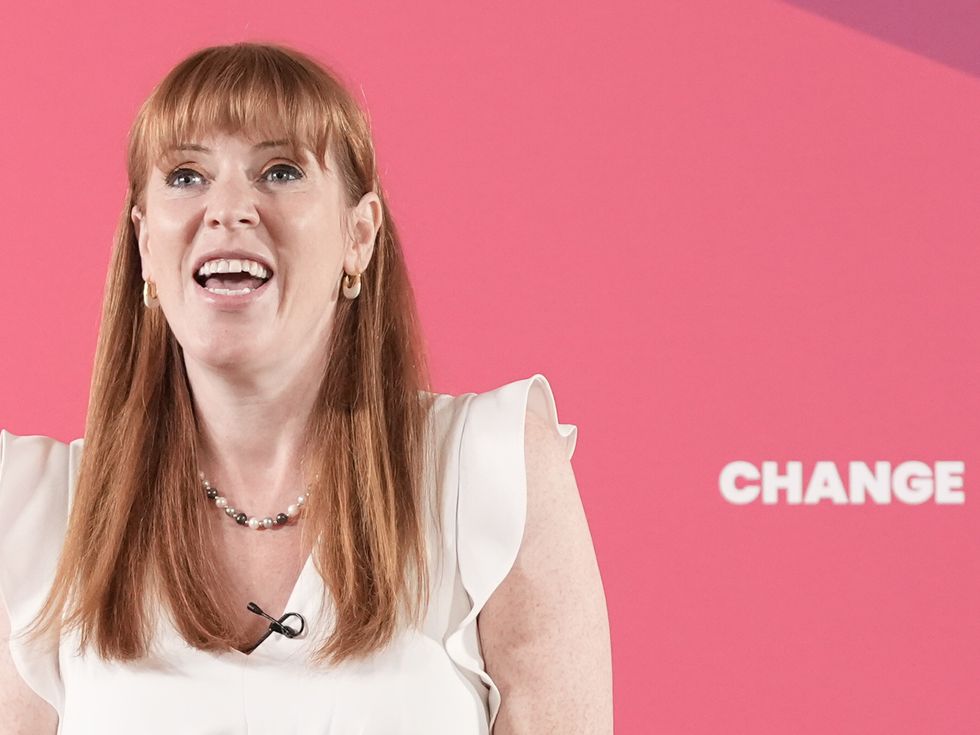
A leaked Angela Rayner memo suggested multiple tax raising policies are being considered
| PAIntroducing a pension allowance
In her memo, Rayner suggested the Chancellor reinstate the lifetime allowance on pensions its previous level of £1,073,100 after it was abolished by previous Chancellor Jeremy Hunt
She cited the Office for Budget Responsibility's (OBR) assessment would cost the Government £800million annually and claimed reintroducing the allowance could raise almost nearly as much.
Rayner added: "Another option would be new higher lifetime allowance, for example the last Labour government set the lifetime allowance at £1.8 million in April 2010, although that would raise less than the 800m.
"Two additional proposals are worth potential consideration but would be more contentious, and potentially take longer to deliver or implement."
More From GB News


